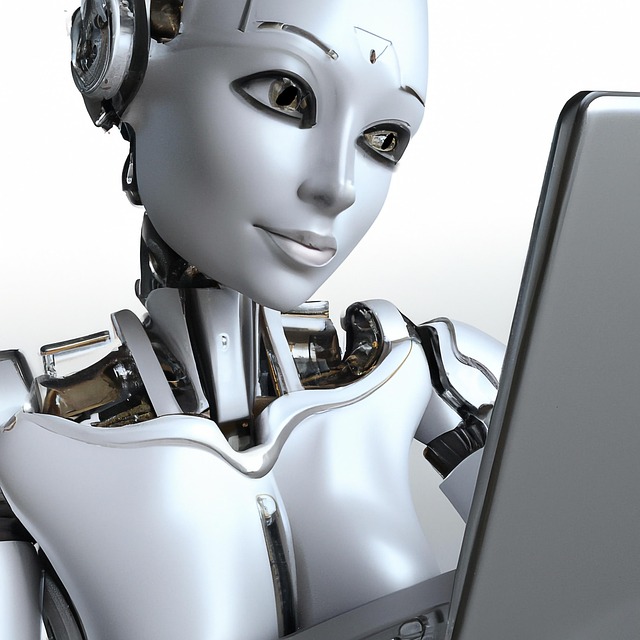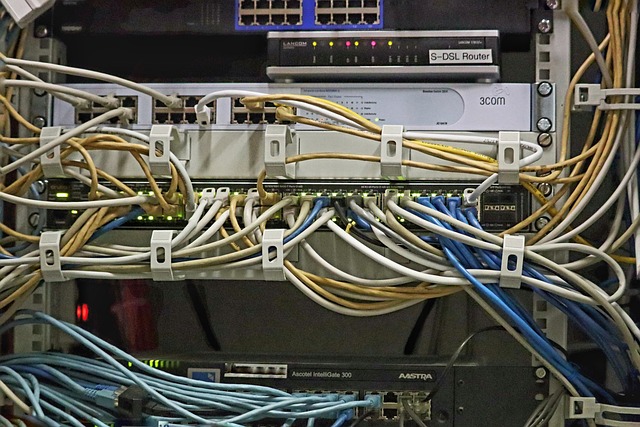# Revolutionizing Industries: The Transformative Impact of AI Technology on Global Markets and Society
Artificial Intelligence (AI) has emerged as a pivotal force reshaping industries and society alike. As organizations increasingly leverage AI technologies, the implications for global markets are profound and far-reaching. This article explores the transformative impact of AI across various sectors, highlighting its influence on efficiency, innovation, and societal dynamics.
## The Efficiency Revolution: AI in Business Operations
In recent years, businesses have adopted AI to streamline operations and enhance productivity. Automation of routine tasks has become a hallmark of modern enterprises, allowing human resources to focus on more strategic initiatives. For instance, AI-driven algorithms can analyze vast datasets far more quickly than any human could, identifying trends that inform decision-making processes. This capability has led to significant cost savings and improved operational efficiency across numerous sectors.
Moreover, AI technologies enable predictive analytics, which allows companies to anticipate market trends and consumer behavior. Retailers, for example, are utilizing machine learning algorithms to forecast inventory needs accurately, minimizing waste and maximizing sales opportunities. As a result, businesses can respond to market demands with greater agility, ensuring they remain competitive in an increasingly dynamic environment.
Transforming customer service is another area where AI has made significant strides. Chatbots and virtual assistants are now commonplace, providing 24/7 support to customers while reducing the burden on human employees. These AI systems can handle a multitude of inquiries simultaneously, enhancing the customer experience while allowing businesses to allocate resources more effectively. The result is a more responsive and efficient service model that meets the expectations of today’s consumers.
## Innovation and Development: AI as a Catalyst for New Solutions
AI is not just about improving existing processes; it is also a catalyst for innovation. The technology has opened up new avenues for product development and service delivery that were previously unimaginable. In the healthcare sector, for instance, AI algorithms are being used to analyze medical images, aiding in the early detection of diseases such as cancer. This capability not only enhances diagnostic accuracy but also accelerates the development of personalized treatment plans, ultimately improving patient outcomes.
Additionally, the rise of AI has spurred advancements in research and development across various fields. In pharmaceuticals, AI models are being employed to predict how different compounds will interact in the human body, significantly speeding up the drug discovery process. This innovative approach can lead to the rapid development of life-saving medications, addressing critical health challenges more effectively than traditional methods.
Furthermore, the integration of AI in manufacturing processes is revolutionizing production lines. Smart factories equipped with AI technologies can optimize workflows, reduce downtime, and enhance product quality. By utilizing real-time data analytics, manufacturers can make informed adjustments to their operations, resulting in a more efficient and responsive production environment. The implications for global supply chains are substantial, as businesses can adapt to fluctuations in demand with unprecedented precision.
## Societal Implications: Addressing Challenges and Opportunities
As AI continues to permeate various sectors, its impact on society cannot be overlooked. While the technology offers numerous benefits, it also presents challenges that require careful consideration. One significant concern is the potential for job displacement as automation becomes more prevalent. Many fear that AI will replace human workers, leading to widespread unemployment and economic instability. However, it is essential to recognize that AI also creates new job opportunities, particularly in fields such as data analysis, AI ethics, and machine learning development.
Education and workforce development will play a crucial role in addressing these challenges. By equipping individuals with the skills necessary to thrive in an AI-driven economy, society can mitigate the risks associated with job displacement. Educational institutions and organizations must collaborate to create training programs that focus on digital literacy, critical thinking, and adaptability. This proactive approach can empower the workforce to embrace new technologies and navigate the evolving job landscape effectively.
Moreover, ethical considerations surrounding AI deployment are paramount. Issues such as data privacy, algorithmic bias, and accountability must be addressed to ensure that AI technologies are developed and implemented responsibly. Policymakers, technologists, and ethicists must work together to establish frameworks that promote transparency and fairness in AI applications. By prioritizing ethical standards, society can harness the benefits of AI while minimizing potential harm.
In conclusion, the transformative impact of AI technology on global markets and society is undeniable. As businesses leverage AI for efficiency, innovation, and enhanced customer experiences, the implications extend far beyond the corporate sphere. Addressing the challenges associated with AI adoption, particularly in terms of workforce displacement and ethical considerations, will be crucial for maximizing its benefits. By fostering a collaborative approach among stakeholders, society can navigate the complexities of AI technology and harness its potential to drive progress across industries. The revolution is not just about technology; it is about shaping a future where AI enhances human capabilities and contributes to a more equitable and prosperous world.











